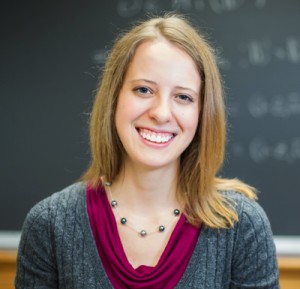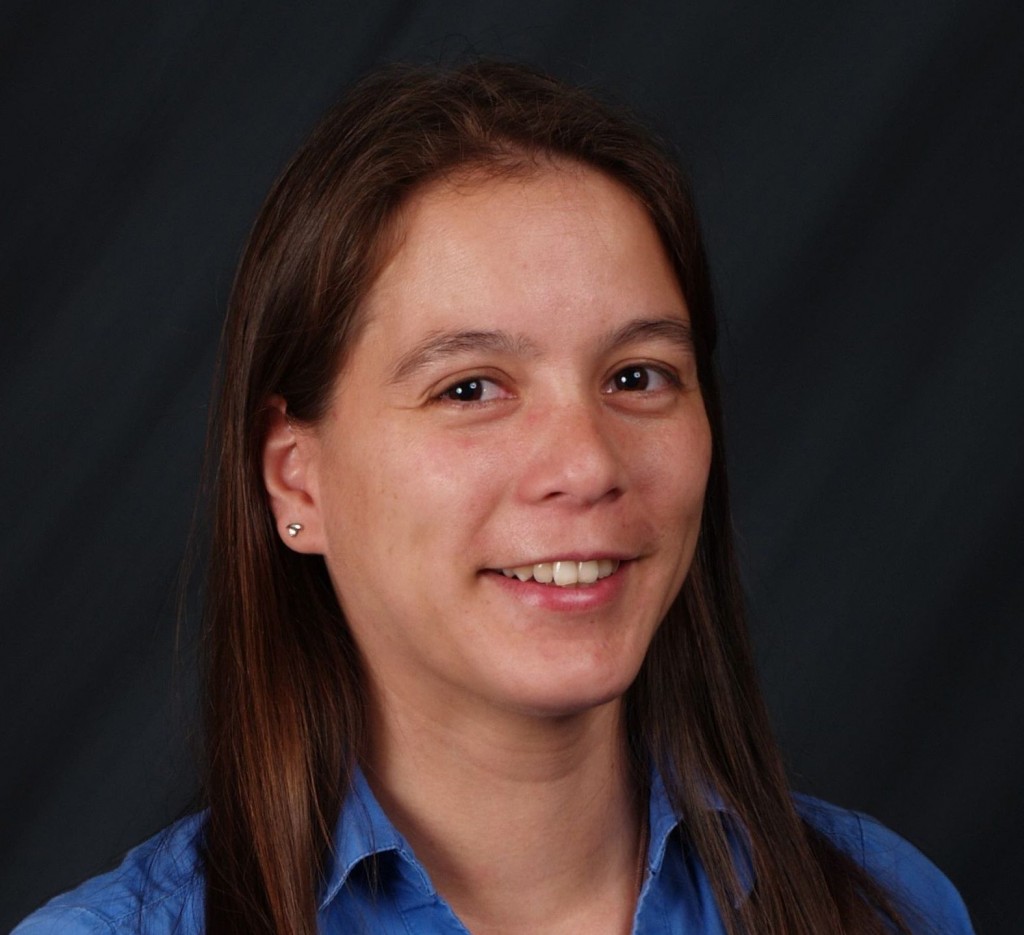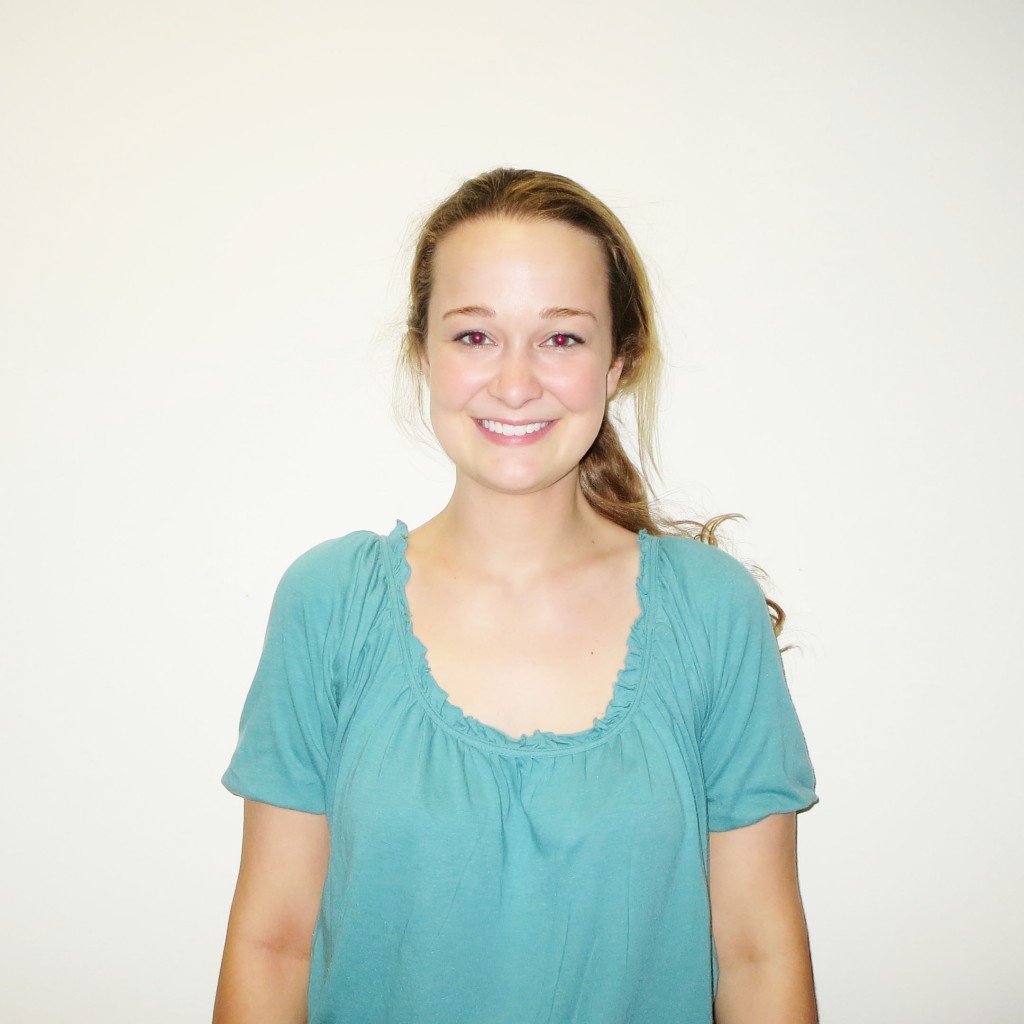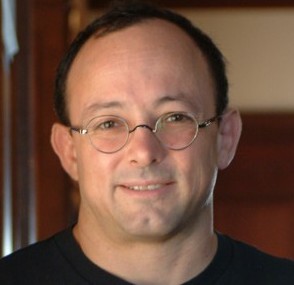Title: Geometry, Meet Origami
Abstract: In this talk, we will go back in time to the ancient Greeks (or at least your high school geometry class) and take a good look at what we can draw with a compass and straight-edge. The answer is “Not Much!,” at least when compared to what a little paper folding will get us. Come prepared to trisect some angles, double some cubes, and scoff at the circle squarers.


 Title: GRAM-SCHMIDT TYPE ALGORITHMS
Title: GRAM-SCHMIDT TYPE ALGORITHMS

